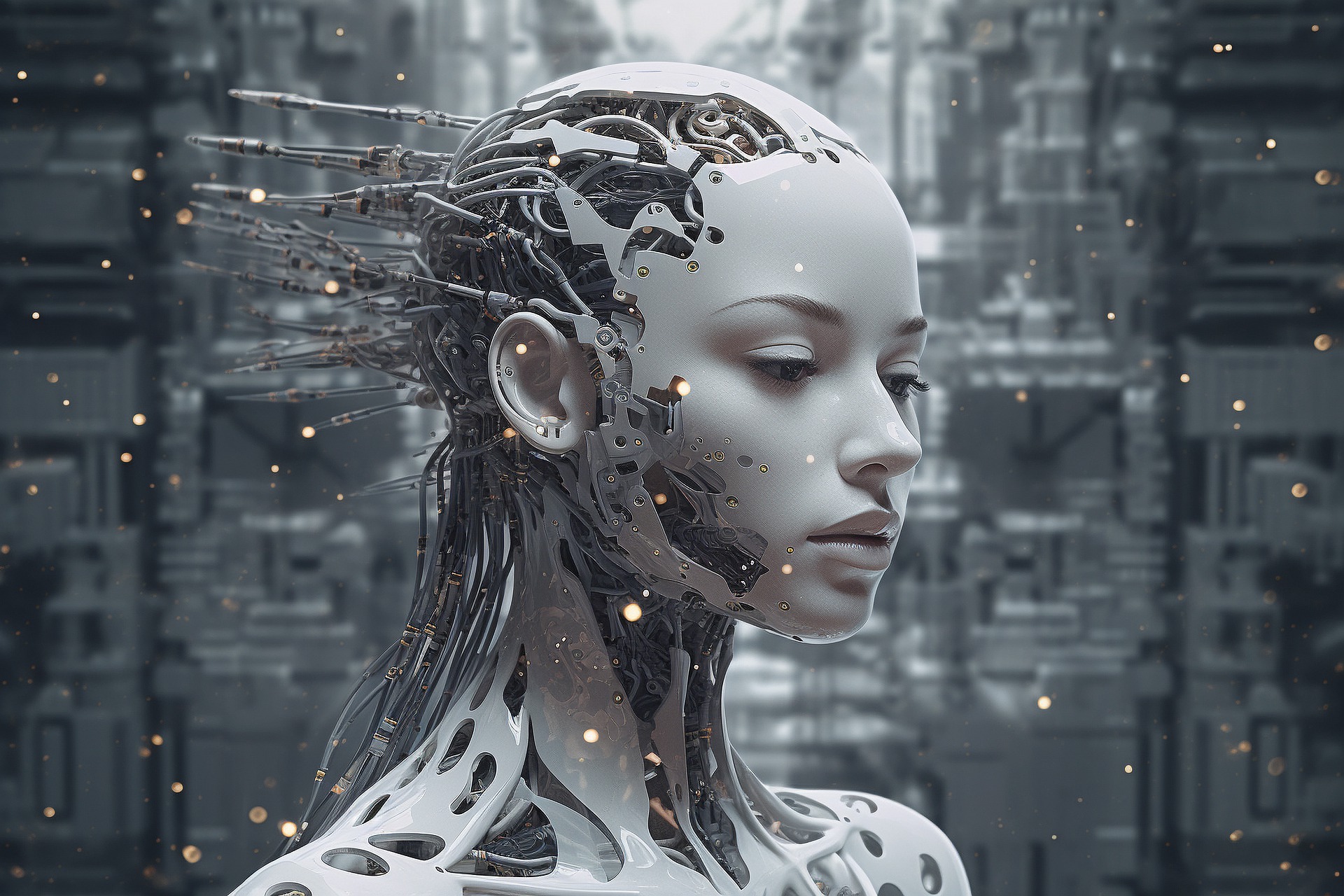AI: What is Google’s Bard and how is it different from ChatGPT?

Google has launched its own AI-powered chatbot called Bard. The AI chatbot can answer questions in a human-like way by accessing up-to-date information from the internet. It is considered a competitor to ChatGPT, which was launched last year.
Bard is only available to people over the age of 18 and requires a Google account to use it. However, Google has warned that Bard will have “limitations” and could share misinformation. Google has made its chatbot Bard available to the public, starting with users in the US and UK who can sign up and try it out. Bard uses the internet to provide answers to questions, rather than providing web pages and web links like a search engine. He can also write essays and poems.
How is Bard different from ChatGPT?
Bard has a “Google it” button that allows users to check facts and see what sources have been used, such as Wikipedia. Google Chief Product Officer Jack Krawczyk said Bard helped him plan his child’s birthday party. The chatbot came up with a theme that included his child’s love of rabbits and gymnastics, and also suggested games and food for the party. Krawczyk told the BBC that Bard is an “experiment” and hopes people will use it as a “springboard for creativity”.
Google says Bard is programmed not to answer offensive questions, and there are filters to prevent it from sharing harmful, illegal or personal information – but Google’s vice president of research Zoubin Ghahramani said that like all protection methods, these sometimes may not work.
Chatbots use artificial intelligence to answer questions in a similar way to humans. They can write poems, speeches, student essays or computer code. ChatGPT launched in November 2022 and had more than a million users within a week, according to OpenAI, the company that created it. Microsoft has invested billions of dollars in it and hopes to introduce a version of it into its office applications, including Word, Excel and PowerPoint. Google was slower to launch Bardo and it was initially only available in the US and UK. The company says the chatbot won’t always do things right. Big tech companies may be excited about this new technology, but there are some concerns. Some are worried that these tools, which are still being developed, could put a lot of different types of jobs at risk – because they do the work that real people – such as researchers – do.
Source, photo: bbc.co.uk, pixabay.com
Author of this article
WAS THIS ARTICLE HELPFUL?
Support us to keep up the good work and to provide you even better content. Your donations will be used to help students get access to quality content for free and pay our contributors’ salaries, who work hard to create this website content! Thank you for all your support!





OR CONTINUE READING